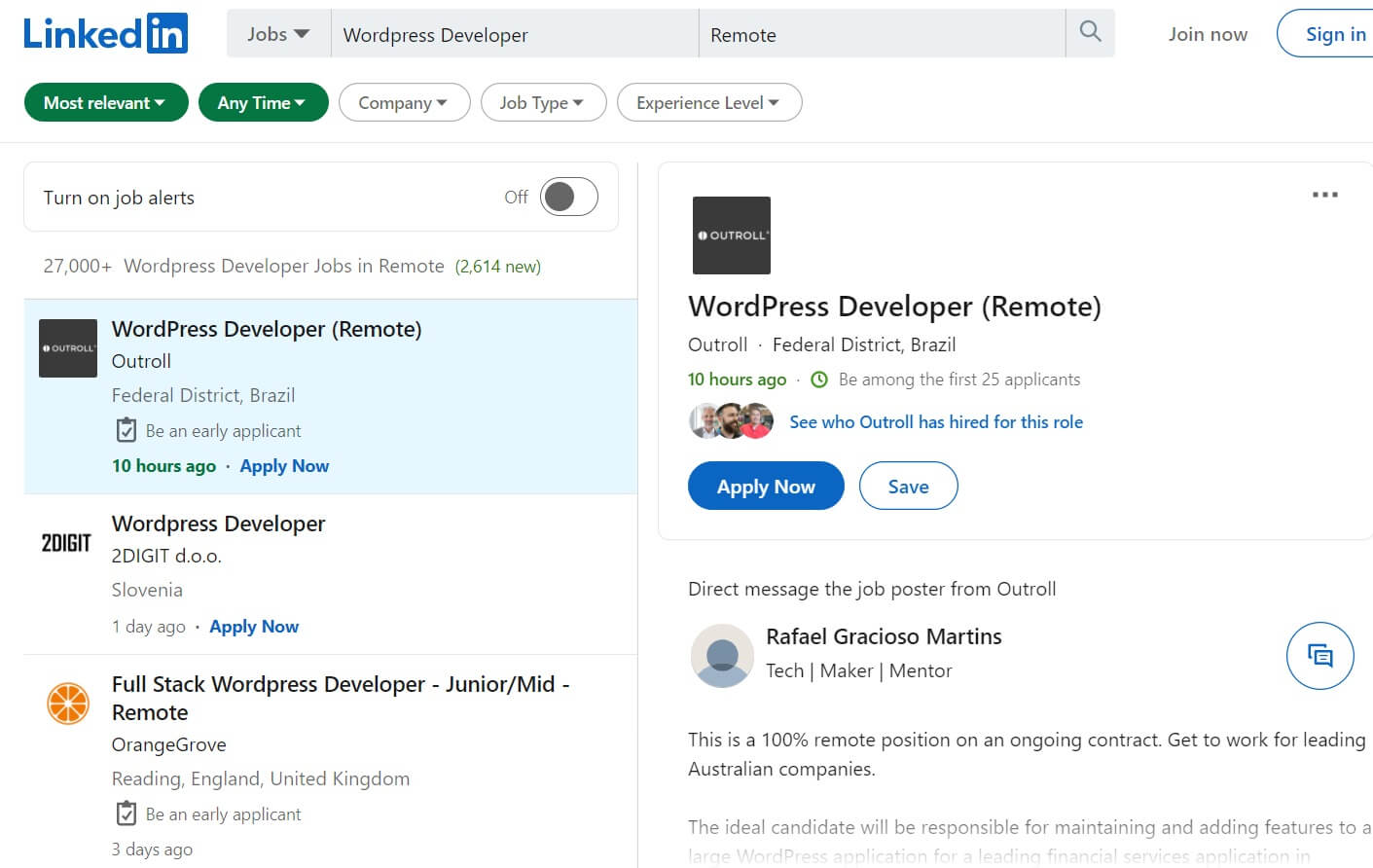
Handshake’s growth has been supercharged by a tight labor market and the move to virtual hiring and remote work during the pandemic. The light bulb lit up: What if you could create software to connect talent-hungry companies to thousands of students across the country at lesser-known schools like Michigan Tech?

(Employers can also use all of these segments, except race and gender, to search for individual candidates.)

The 1,110 companies that pay for a premium version of the platform dish out even more: anywhere from $15,000 to several million dollars a year, which enables them to send targeted job postings to candidates based on their current location, gender, underrepresented group status, major, GPA, specific skills (such as JavaScript or Python coding) or school-for instance, letting them market to historically Black colleges or universities (HBCUs). The students don’t pay a dime, but their schools pay an average of $8,000 a year. use the platform to search job postings from 750,000 companies, message with recruiters and alumni, attend virtual career fairs and conduct video interviews. Today nearly 12 million college students (many with little or no job experience) from 1,400 colleges and universities around the U.S. They launched Handshake two years later in 2014 and were featured in the Forbes 30 Under 30 class of 2017. The three undergrads envisioned an easy-to-use, mobile-first networking platform to virtually connect students, universities and employers. So when he returned to campus that fall, he teamed up with two comp-sci buddies, Ben Christensen and Scott Ringwelski, and got to work. And what Zip code you grew up in shouldn’t define the career outcome you have after college,” he says. That’s when the light bulb lit up: What if Lord could create software to connect talent-hungry companies to the thousands of students across the country at lower-profile schools like Michigan Tech? “There are talented students everywhere. They offered him a referral bonus-$5,000 per hired engineer-to bring in other talented students from Michigan Tech.

He won the company’s annual hackathon and gained the respect of Palantir higher-ups, who, he says, were shocked that someone so smart and talented came from such a little-known school.


 0 kommentar(er)
0 kommentar(er)
